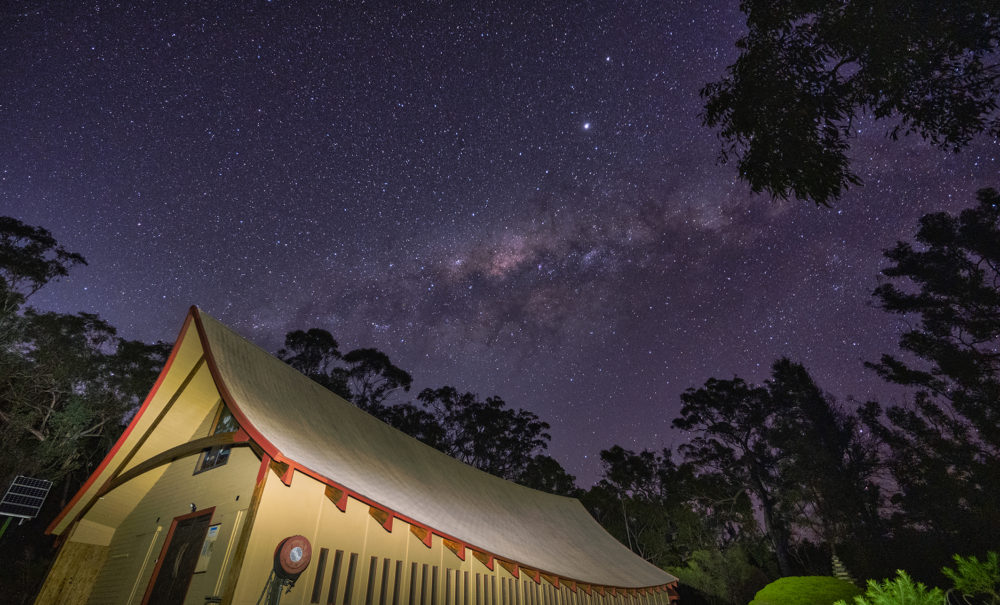In monasteries, emphasis is placed on establishing harmony by mindfulness and consideration for others. Guests are invited to share in these observances of beautiful behaviour and sensitivity.
Before entering a shrine room or living space it is necessary to remove the shoes. Although visitors are not obliged to, there is the custom of bowing to the shrine or teacher. The triple bow, to the Buddha, Dhamma and Sangha, is usually done upon entering or leaving the meditation hall. At the end of a formal meditation period, respect is usually paid to the senior monk with the triple bow. When in the meditation hall, please move around as quietly as possible. Care should be taken not to point the feet at the shrine or at other people generally, as this is considered impolite.
When offering something to a monk or nun or talking with them, one should not stand looming over them but rather approach them at the same level at which they are sitting.
Monks and nuns are allowed to accept and consume their daily meal in the period between dawn and noon. Anything they intend to eat or drink, except water, must be formally offered into the hands or placed on or into something in direct contact with the hands.
A monastery is a sanctuary from the usual worldly concerns for those who have dedicated themselves to spiritual practice. As guests are sharing in this life as visitors, it is not appropriate to come and go without notice or engage in external business during your stay. It is customary to ask one of the senior monks if you wish to make a telephone call. We ask people to leave their computers at home as email facilities are not available here for visitors.
Guests should dress modestly: no shorts, singlets, or revealing clothing. Try to maintain silence as much as possible. Guests are asked to be sensitive to the proper conduct of men and women in a monastic environment. Complete segregation of the sexes is mandatory and no men should enter the women’s accommodations or vice versa, without permission from the senior monk.
